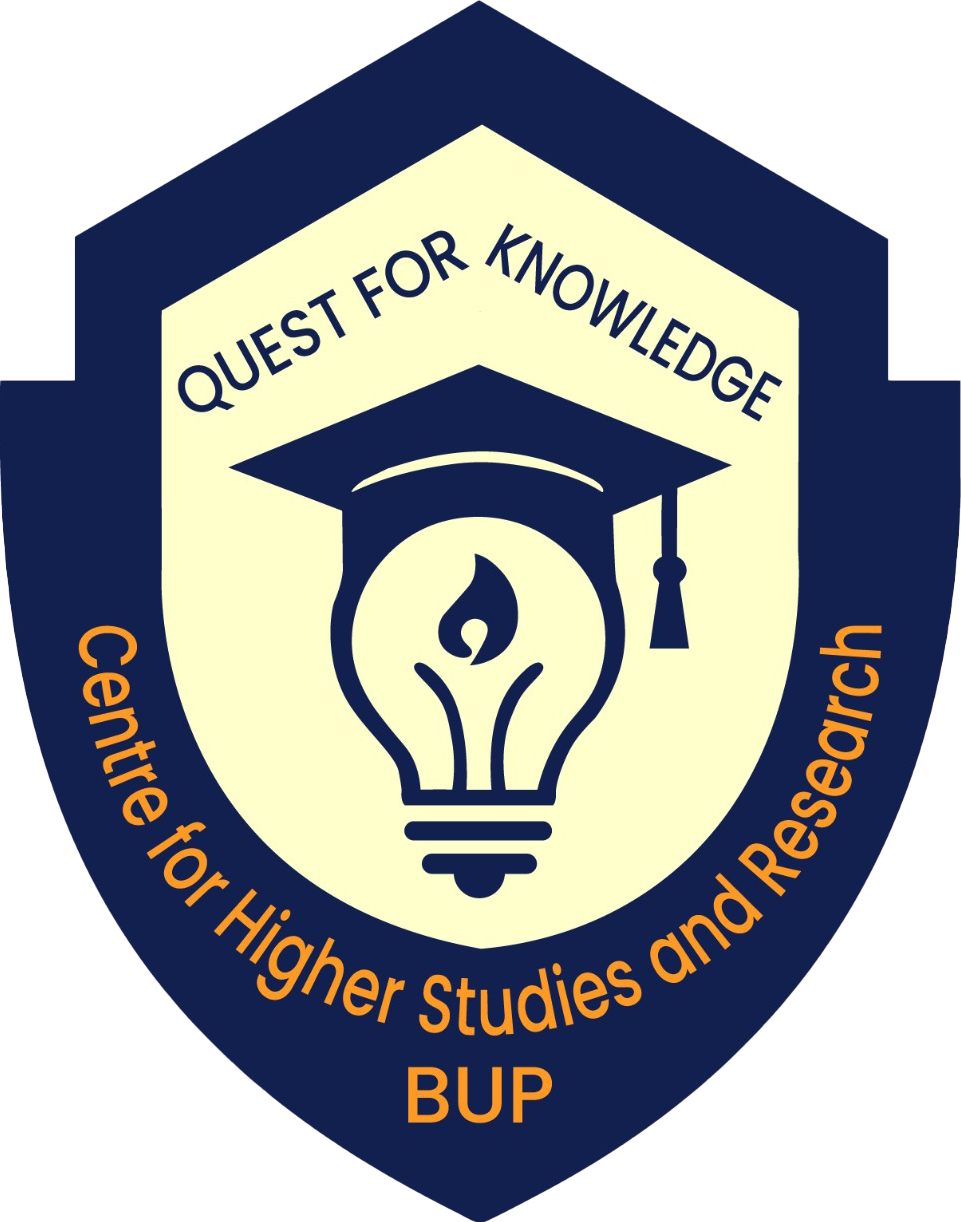Medicinal Plants and Formulations Used by Alternative Medicine Practitioner for Treatment of Type-2 Diabetes Mellitus in Bangladesh
Researcher Name/Project Director/Author: Md. Monir Ahammed MPhil Researcher Reg No: 100501180046 Session : 2017-2018
Publish Status: Completed
Research For: CHSRDate: 22-Sep-2024
Year: 2024
Supervisor Name/Project Supervisor: Dr. Salamat Khandker, PhD Professor Department of Public Health Daffodil International University
ABSTRACT
Diabetes Mellitus is a major public health problem which leads to serious burden of economy worldwide. Available therapeutics for DM management mostly consists of artificial hypoglycemic medicines and insulin. World Health Organization (WHO) emphasizes the necessity to introduce anti-diabetic agents from plants sources for the management of diabetes. The aims of this cross sectional mixed method study were conducted to documented data on practicing of medicinal plants and poly herbal formulations by registered alternative medicine physicians for treatment of diabetes. For this purpose, 280 alternative medicine practitioners were selected randomly from the list of registered practitioners of Dhaka division. Ten highly experienced practitioners were selected purposively for in-depth interview. Data were collected by using a set of structured and unstructured questionnaire through face to face interview or by online whatever was convenient for the respondents. The present study revealed80 plant species belonging to 44 families and 24 poly herbal formulations with 11 clinical items. Among the 80 plant species six plants and two plants parts were invented from this study. Mostly cited medicinal plants were;Trigonellamfoenum-graecumL, Syzygiumcumini(L.) Skeels, Cocciniagrandis(L)Voigt, MomordicacharantiaL, Gymnemasylvestre(Retz.)R.Br. ex Sm, MangiferaindicaL, FicusracemesaL, and Nigella sativa L. Mostly practicedmedicinal plantsparts were fruits, leaves and roots. 80 plantsspecies which were categorized in 10 groups, among those groups most widely prescribed medicinal plants groups weregroup 1 and group 2, whichwasalsovalidated by in-depth interview. More than 90% of the key informantssuggested for innovative researches for introduction of natural insulin, chemical free herbal medicines, strengthen private and public collaboration; establish separate council for Unani and Ayurvedic physicians and final approval of Unani-Ayurvedic Act. The study also revealed that there was significant difference between the educational level of respondents and the choice of method for patients‘ diagnosis, confirmation of DM and blood glucose level for starting treatment. It is anticipated that findings of this study will provide baseline data to develop newer anti-diabetic drug discovery. This document may guide to the policy makers and future researcher to explore a new horizon on DM management by natural anti-diabetic agents.
Keywords: Medicinal Plants, Poly Herbal Formulations, Treatment, Registered Alternative Medicine Practitioner, Type 2 diabetes mellitus.

